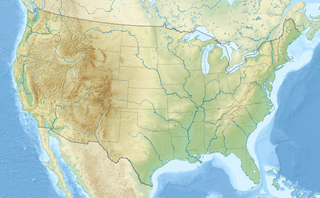 W
WThe Alachua Formation is a Miocene geologic formation in Florida. The claystones, sandstones and phosphorites of the formation preserve many fossils of mammals, birds, reptiles and fish, among others megalodon.
 W
WThe Chipola Formation is a Late Oligocene to Early Miocene geologic formation in the Florida Panhandle and member of the Alum Bluff Group.
 W
WThe Coosawhatchie Formation is a Miocene geologic formation with an outcrop in North Florida. It is within the Hawthorn Group.
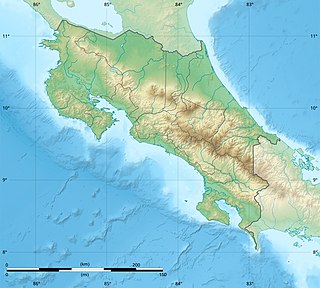 W
WThe Curré Formation is a geologic formation of the Taraba Basin Group in Costa Rica. The deltaic conglomerates preserve fossils dating back to the Late Miocene to Early Pliocene period (Hemphillian).
 W
WThe Elko Formation, also known as Elko Shale(s), is an oil shale geologic formation in Elko County, northern Nevada, United States. The deltaic and lacustrine shales and limestones preserve fossils dating back to the Middle Eocene of the Paleogene to Middle Miocene of the Neogene period. The frog genus Elkobatrachus and ant species Pseudocamponotus elkoanus were named after the formation.
 W
WThe Goliad Formation (Tg) is a geologic formation in Texas. It preserves fossils dating back to the Serravallian to earliest Pliocene stages of the Neogene period, including the gomphothere Blancotherium among many other fossil mammals, reptiles, birds and fish.
 W
WThe Hawthorn Group is a stratigraphic unit that includes several geologic formations of Late Oligocene to Pliocene age in North Florida, United States. It is known for its phosphate rock resources, and for its rich assemblages of Neogene vertebrate fossils. It was originally called the Waldo Formation by L.C. Johnson of the United States Geological Survey in 1887, and later became the Hawthorne Group named for Hawthorne, Florida, where its phosphate-rich rock was quarried and processed for use as fertilizer.
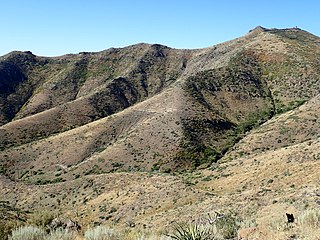 W
WThe Keres Group is a group of geologic formations exposed in and around the Jemez Mountains of northern New Mexico. Radiometric dating gives it an age of 13 to 6 million years, corresponding to the Miocene epoch.
 W
WThe Marks Head Formation is a geologic formation in Georgia. It preserves fossils dating back to the Burdigalian stage of the Miocene period.
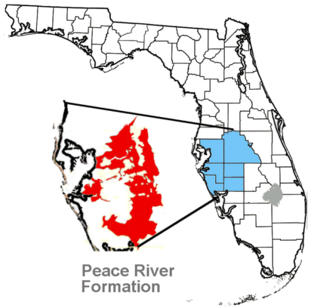 W
WThe Peace River Formation is a Late Oligocene to Early Miocene geologic formation in the west-central Florida peninsula.
 W
WThe Punchbowl Formation is a sedimentary sandstone geologic formation in the northern San Gabriel Mountains, above the Antelope Valley in Los Angeles County, southern California.
 W
WThe Runningwater Formation is a geologic formation in Nebraska. It preserves fossils dating back to the Hemingfordian of the Early Miocene of the Neogene period. The sandstones and conglomerates of the formation were deposited in a fluvial environment. The formation has provided many fossil mammals.
 W
WThe Shoal River Formation is a geologic formation in Florida. The sandstones and marls of the formation preserve fossils dating back to the Serravallian epoch of the Middle Miocene of the Neogene period.
 W
WThe St. Marks Formation is a Miocene geologic formation in the eastern Florida Panhandle.
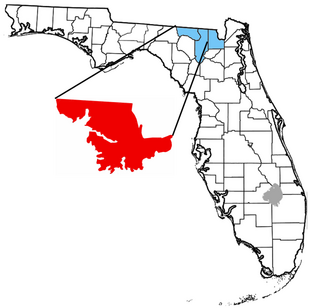 W
WThe Statenville Formation is a geological formation of northern Florida, USA.
 W
WThe Tamiami Formation is a Late Miocene to Pliocene geologic formation in the southwest Florida peninsula.
 W
WThe Torreya Formation is a Miocene geologic formation with an outcrop in North Florida. It is within the Hawthorn Group.
 W
WThe Tuira Formation is a geologic formation in Panama. It preserves bivalve, gastropod and sponge fossils dating back to the Tortonian period, from 11 to 9.5 Ma.
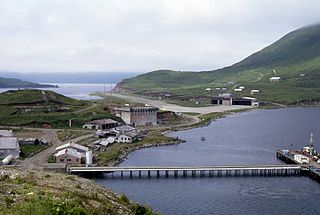 W
WThe Unalaska Formation is a Miocene Era geologic formation on Amaknak Island and Unalaska Island, in the Aleutian Islands archipelago of southwestern Alaska.